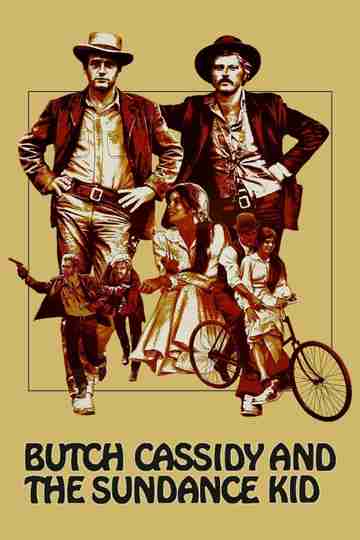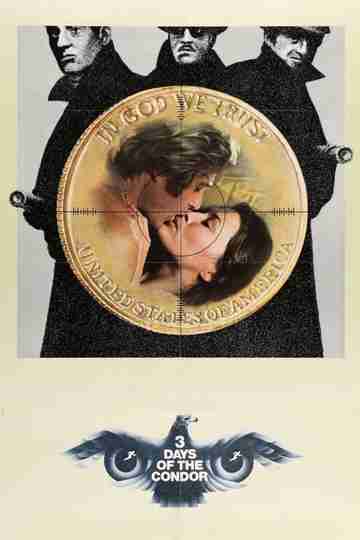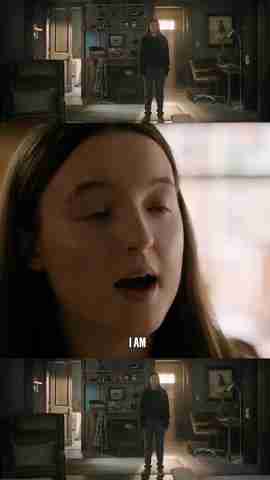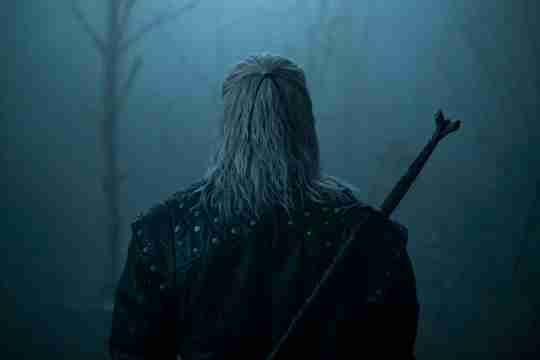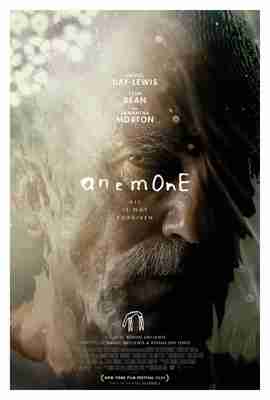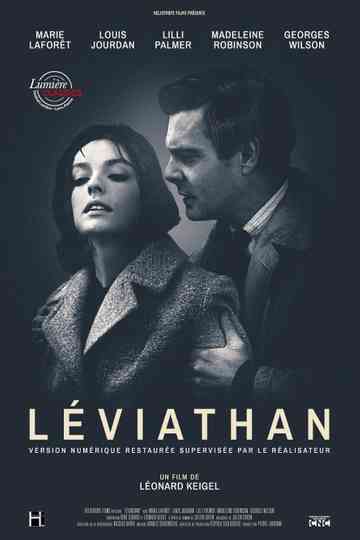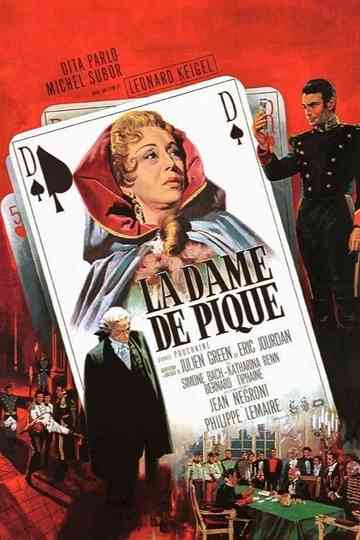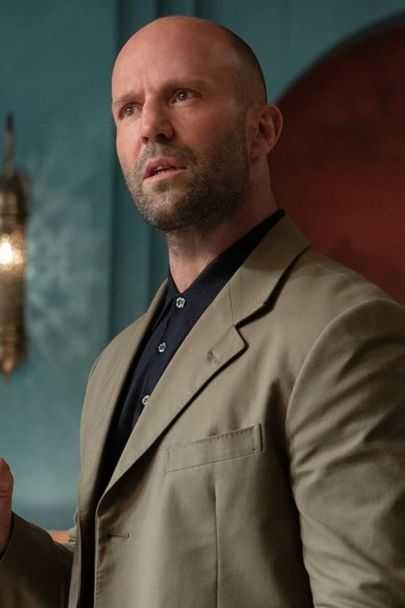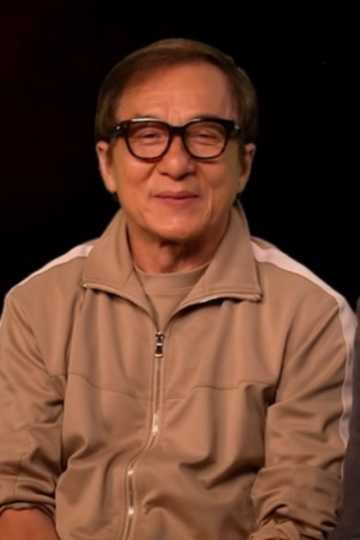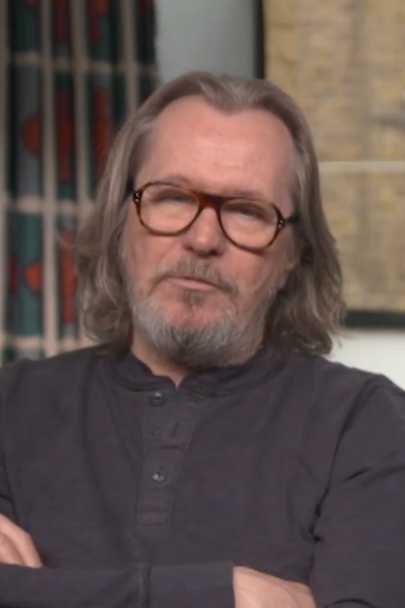Julien Green Biography
Julien Green (September 6, 1900 – August 13, 1998) was an American writer who authored several novels (The Dark Journey, The Closed Garden, Moira, Each Man in His Darkness, the Dixie trilogy, etc.), a four-volume autobiography (The Green Paradise, The War at Sixteen, Love in America and Restless Youth) and his famous Diary (in nineteen volumes, 1919–1998).
He wrote primarily in French and was the first non-French national to be elected to the Académie française. Julian Hartridge Green was born to American parents in Paris, a descendant on his mother's side of a Confederate Senator, Julian Hartridge (1829–1879), who later served as a Democratic Representative from Georgia to the US Congress, and who was Julien Green's namesake.
(Green was christened "Julian"; his French publisher changed the spelling to "Julien" in the 1920s.) The youngest of eight children born to Protestant parents, he had a puritanical and overprotective upbringing, his mother being sexually repressive. Green received a Calvinist education in his religious education as a child, but became a Roman Catholic in 1916, two years after his mother's death.
The following year, still only 16, he volunteered his services as an ambulanceman in the American Field Service. When his age was discovered his enlistment was annulled. He immediately signed up with an ambulance unit of the American Red Cross, and when that six-month term of service ended in 1918, he enlisted in the French Army, in which he served as a second lieutenant of artillery until 1919.
After the war, he spent three years (1919–22) at the University of Virginia at the invitation of his uncle—his mother's brother—Walter Hartridge. It was his first direct encounter with the United States. He discovered the South, where both his parents had been born. He returned to France in 1922, where, after a false start as a painter, he began his career as a French writer, and by 1927 had established himself in the world of French literature.
His career as a major figure of 20th-century French literature began soon after his return from the United States with the novel Mont-Cinère (1926), which was well received by Georges Bernanos. In July 1940, after France's defeat, he went back to America. In 1942, he was mobilized and sent to New York to work at the United States Office of War Information.
From there, for almost a year, five times a week, he would address France as part of the radio broadcasts of Voice of America, working inter alia with André Breton and Yul Brynner. Green returned to France after World War II. Julien Green died in Paris shortly before his 98th birthday and is entombed in a chapel designed for him in St. Egid Church, Klagenfurt, Austria.
His name on the tomb uses the original English spelling "Julian" instead of the French "Julien". Source: Article "Julien Green" from Wikipedia in English, licensed under CC-BY-SA 3.0
